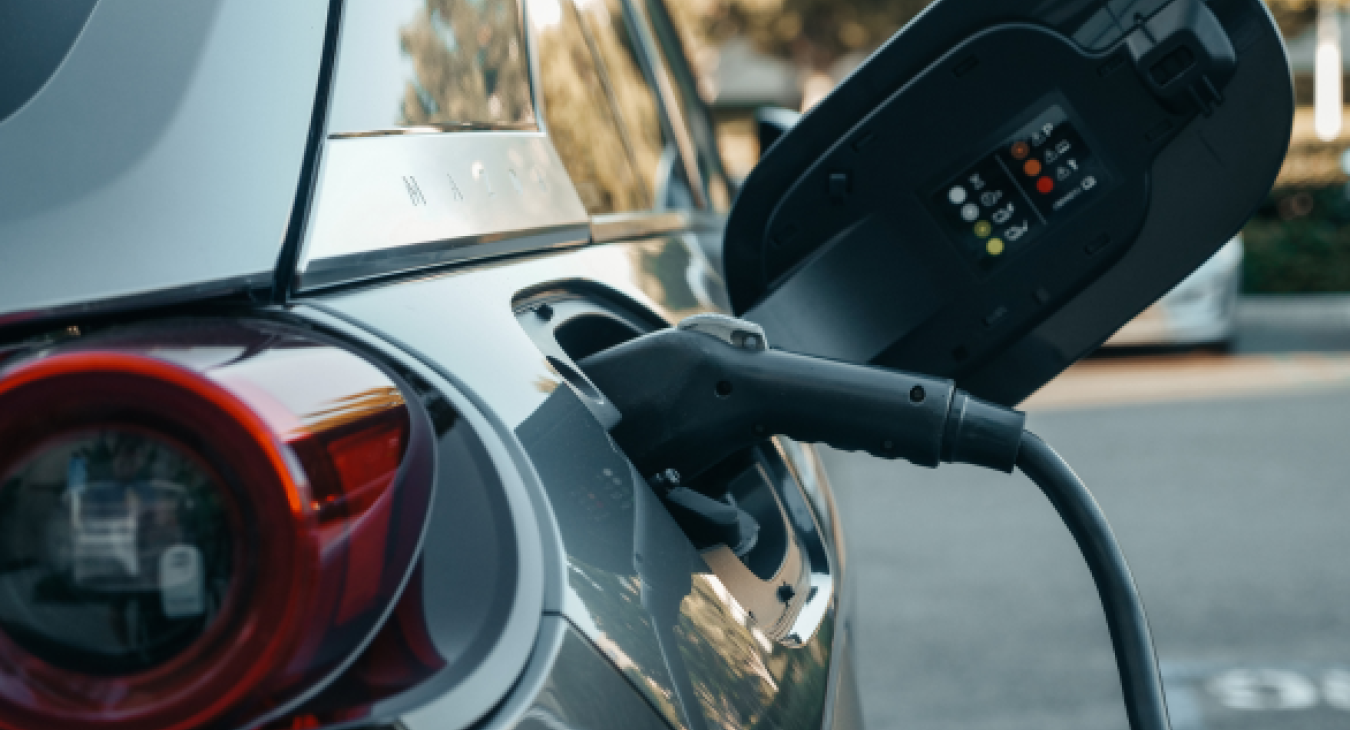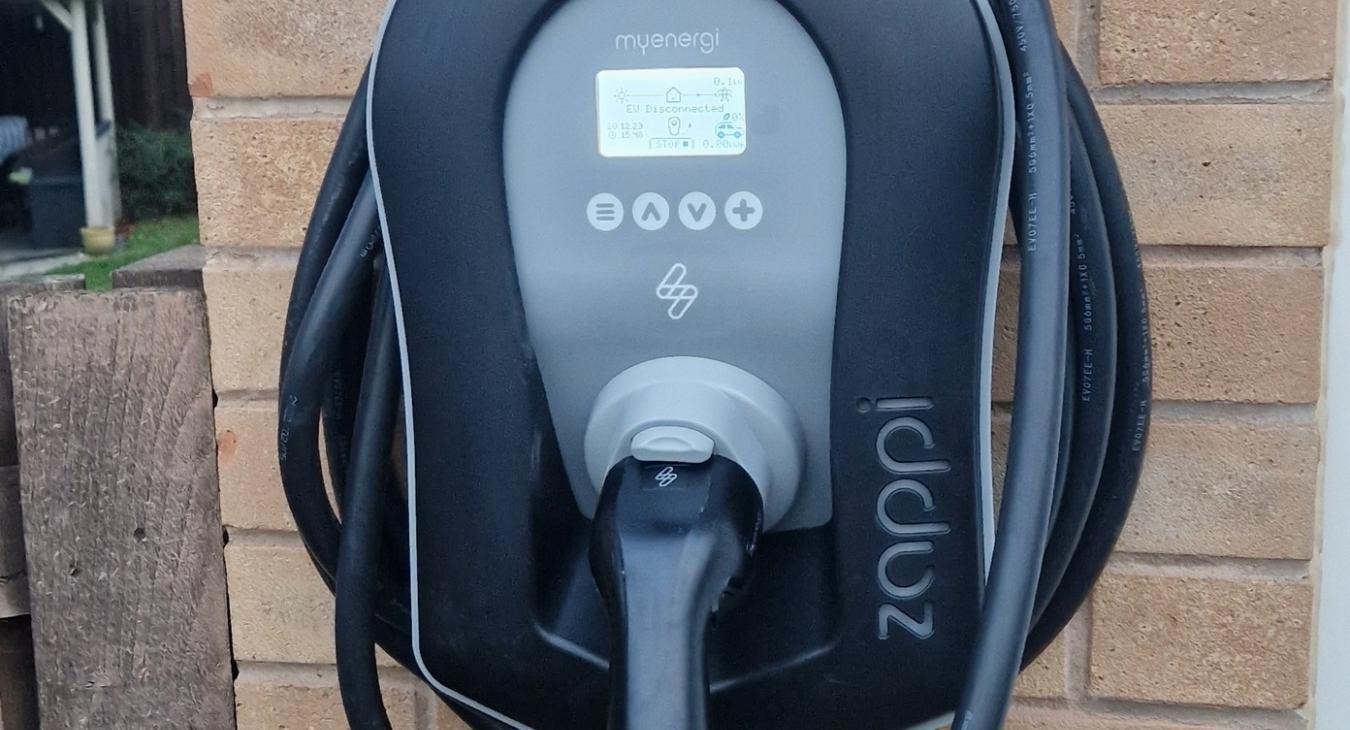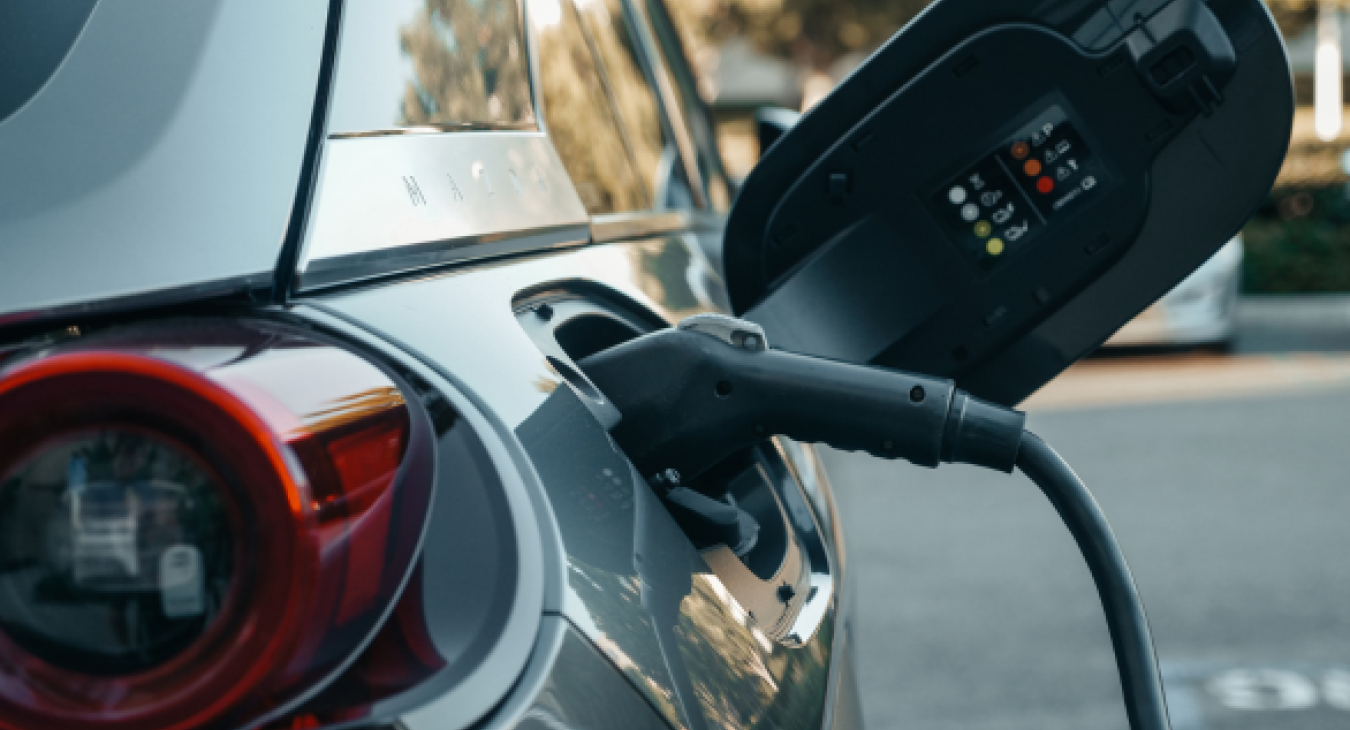Electric cars are becoming more and more popular, and with the government pushing for a greener future, it's no surprise. If you're looking to buy an electric car, or even just thinking about it, then you need to know about EV car charging in the UK. In this blog post, we'll talk about the different types of EV chargers available and what checks you need to make before using them.
What is an EV car and what are the benefits of owning one over a petrol or diesel car?
Electric vehicles (EVs) are powered by electricity from batteries and have become increasingly popular in recent years. EVs offer a number of advantages over petrol or diesel cars, including lower running costs, reduced emissions, and increased efficiency. One of the biggest benefits of owning an EV is that they are much cheaper to run than petrol or diesel cars. EVs typically cost around 5p per mile to run, while petrol or diesel cars can cost around 15p per mile. This can make a big difference to your running costs overtime, especially if you do a lot of driving.
EVs also emit significantly less carbon dioxide than petrol or diesel cars, making them amore environmentally-friendly option. Saving the environment is important to many people, so this is a big selling point for EVs. Finally, EVs are typically more efficient than petrol or diesel cars, meaning you'll get more miles out of each charge. As a result, owning an EV can save you money and help you reduce your impact on the environment.
How to charge your EV - is it as simple as plugging it in like a normal plug or is there more to it?
Charging your EV is simple and straightforward, but there are a few things you need to know before you start. You can get adapters so you can charge your EV at a normal mains socket, but this is not the recommended way to charge as it takes a long time. The best way to charge your EV is to use a dedicated EV charger. These chargers are designed specifically for EVs and provide a faster charge. There are two main types of Charger - fast chargers (level 2) and slow chargers (level 1). Most home chargers are Level 2chargers, so they can charge your EV faster. To get a Level 2 charger installed, you'll need to install a dedicated circuit in your home. Once that's done, simply plug the charger into the outlet and into your EV, and you're good to go. Charging times will vary depending on the size of your battery, but most EVs can be fully charged in 4-6 hours using a Level 2 charger.
While there are a few extra steps involved in installing a home charger, charging your EV is quite simple. Here at MP Electrical, we can help with everything you may want to know about EV charge points. Once you've got your home charger set up, you'll be able to enjoy the convenience of being able to charge your EV anytime, day or night.
What checks need to be done before you can install an EV charger?
Before you can install an electric vehicle (EV) charger, there are a few checks that you will need completing. First, you need to check with your local building code office to see if there are any regulations that need to be followed. Second, you need to make sure that your electric supply and consumer unit can handle the additional load. When an electrician checks your consumer unit, you need to make sure that its in good working, but also need to make sure that it is going to be suitable for continued use. MP Electrical would be happy to check your current electrical installation to check if anything is going to need upgrading prior to your EV charger installation.
Third, you need to find an appropriate location for the charger, taking into account things like accessibility and weather exposure. Once these checks have been done, you can proceed with installing your EV charger. Your local electrician can help you with all of these checks, as well as give you a price to install your new EV charger
Always know what you are paying for!
Call us today on 07817 171954 for a free, no obligation, quotation for your project. Your call matters to us, and we WILL respond.
Specialists in:





Testimonials
5 Star
Reviews
- Google 5 Star ReviewMatt installed CCTV and a few new electrical sockets for us. Great job and price. Really pleased with the results. Highly recommended
- Google 5 Star ReviewThis has been the third time Mat has been to complete work in our home. The online booking to get a quote is always easy, Mat clearly explains everything in language you understand, is up front about everything and no hidden costs. From changing the…
- Google 5 Star ReviewMatt is a hero, he came to our rescue within an hour when our electrics kept cutting off, worked out what was wrong and fixed it straight away. We were super grateful, as we have 2 kids and we needed the power to be able to cook. Thanks MP Electrical…
- Google 5 Star ReviewReally friendly & knowledgeable. Arrived on time, explained what he was doing. No mess, excellent aftercare. Would highly recommend.
- Google 5 Star ReviewFirst time using MP Electricl and if we need an electrician again we will definately use them again. Everything was explained and a great job was done! Would highly recommend this Company.
- Google 5 Star ReviewBrilliant job,excellent with communication,very reliable we'll always use him now,thanks again from Cheryl n paula
- Google 5 Star ReviewExcellent service. Turned up on time and job done v quickly. Highly recommend.
- Google 5 Star ReviewGreat job today ! Outside lights put up along with Ring doorbell! Would highly recommend 👌
- Google 5 Star ReviewCan’t fault the service from Start to finish :)
- Google 5 Star ReviewVery professional and knowledgeable would highly recommend











